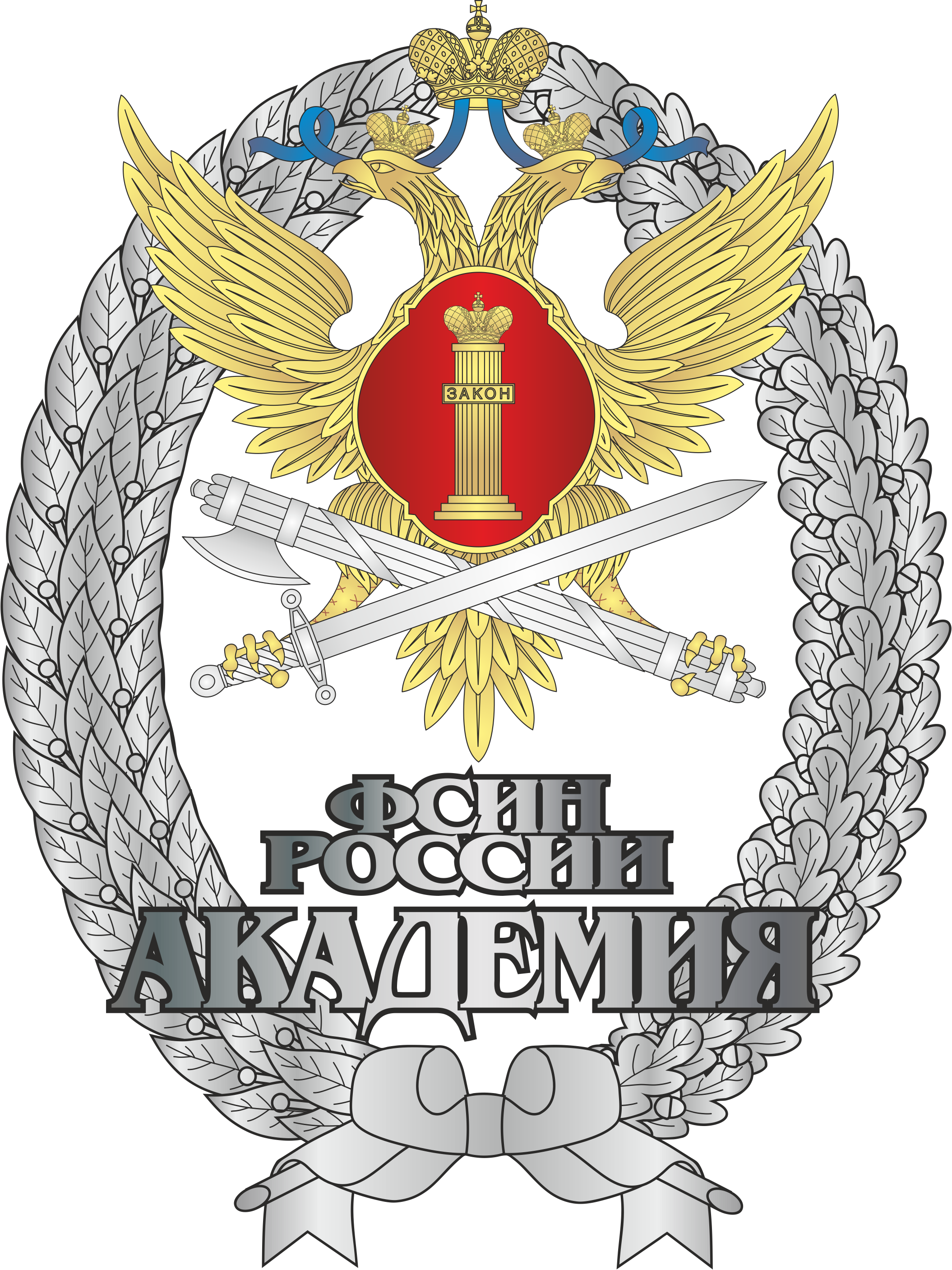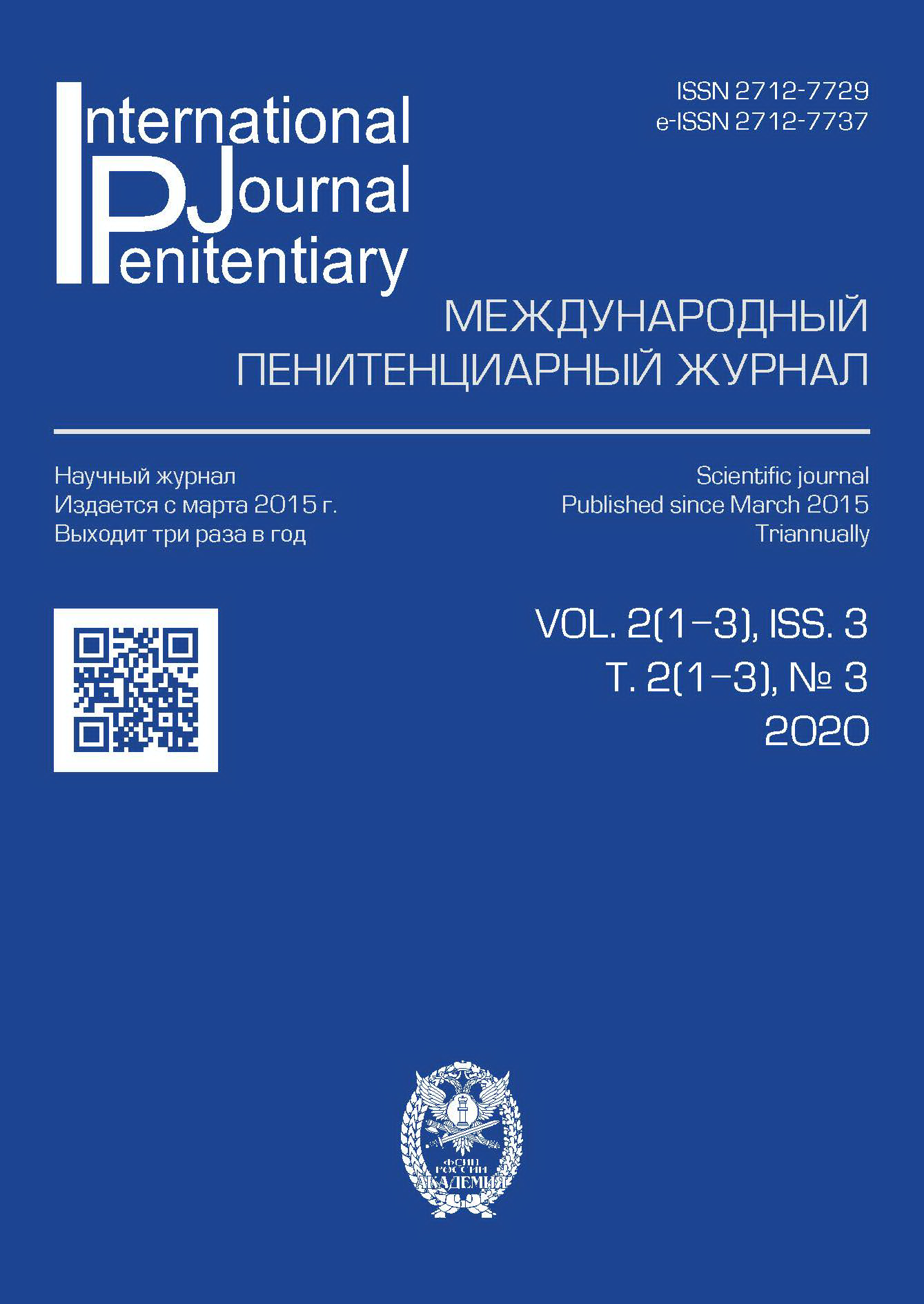Turan University (jurisprudence and international law department, professor)
Almaty, Kazakhstan
CSCSTI 10.83
Currently, the system of sentences execution in the Republic of Kazakhstan does not correspond to the realities of modern times and needs to be reformed. This fact is confirmed by penitentiary practitioners and scientists. The system of punishment execution does not provide for the correction of convicts and their subsequent resocialization. Instead, it has become a punitive tool for those who are punished for criminal offenses. As a result, instead of returning a person to society, which is the goal of criminal, penal legislation and justice, the system of punishment execution, on the contrary, alienates convicts, turning them into outcasts and eternal “enemies” of justice. At the same time, significant amounts of money are allocated from the state budget for the implementation of these negative functions. According to prisoners serving sentences, and especially the former prisoners, the penal system continues to be punitive, harsh, and sometimes violent in nature. Instead of the creation, education of prisoners, it carries out the function of providing a strict isolation of convicts, making it impossible to maintain contact with the outside world and breaking all contact with the past life, thus creating new social problems, which the state has to solve. The crisis in the penal system is compounded by the negative assessment of the entire system of punishment execution by civil society. In the article, the author examines the existing problems in the system of punishment execution in the Republic of Kazakhstan and justifies the need to switch to a new model of punishment execution. The author offers an approximate model of the new system of punishment execution. Specific proposals are formulated to improve the legal and organizational issues of the system of punishment execution.
system of punishments execution, penal law, convicted person, regime of detention, correctional institution, parole
1. Criminal code of the Republic of Kazakhstan: a practical guide 2020, Norma-K, Almaty.
2. Shnarbaev, B. K. & Mizanbaev, A. E. 2016, Probation in Kazakhstan: execution of sentences and implementation of probation control (theoretical and practical aspects), Kostanay Branch of Chelyabinsk State University, Kostanay.
3. IV International penitentiary forum “Crime, punishment, correction” (to the 140th anniversary of the Russian penal system and the 85th anniversary of the Academy of the Federal penitentiary service of Russia): collection of speeches and reports of participants (Ryazan, November 20-22, 2019) 2019, in 10 vols, vol. 1, Materials of the plenary session, Academy of the FPS of Russia, Ryazan.
4. Kudryavtsev, V. N. 2003, The strategy of the fight against crime, Lawyer, Moscow.
5. Penal Code of the Republic of Kazakhstan: a practical guide 2019, Norma-K, Almaty.
6. Seliverstov, V. I. (ed.) 2019, Serving of imprisonment by convicted persons for economic and (or) official crimes: results of theoretical research, Jurisprudence, Moscow.
7. Anisimkov, V. M. & Seliverstov, V. I. (eds) 2008, Penal Law, Phoenix, Rostov-on-Don.
8. Shirvind, E. G. 1956, The foundations of the Soviet correctional labour law and correctional labor policy, Research Institute at the Gulag of the MIA of the USSR, Moscow.
9. Shnarbaev, B. K. & Mizanbaev, A. E. 2017, Penal law of the Republic of Kazakhstan, Kostanay Branch of Chelyabinsk State University, Kostanay.












